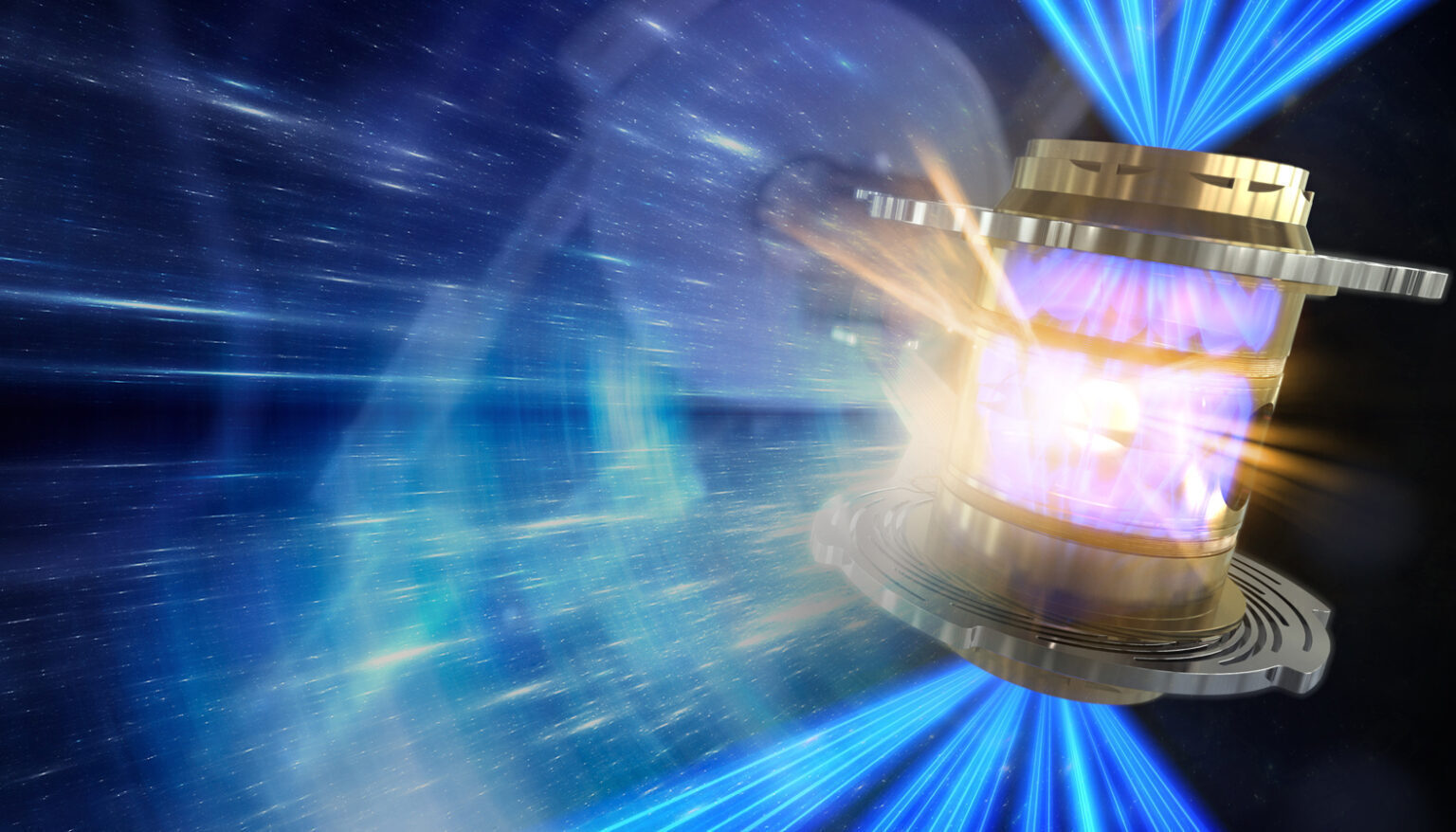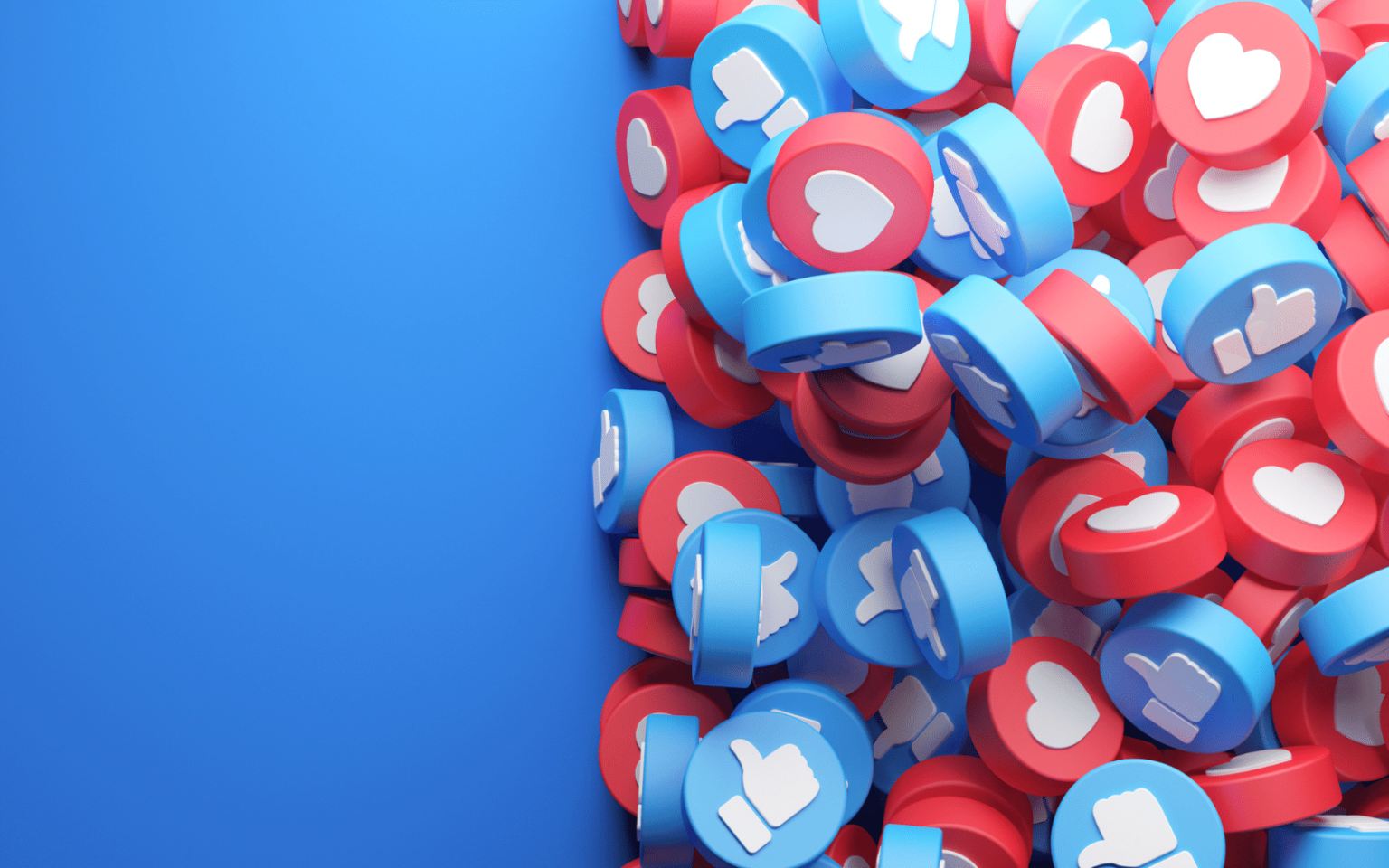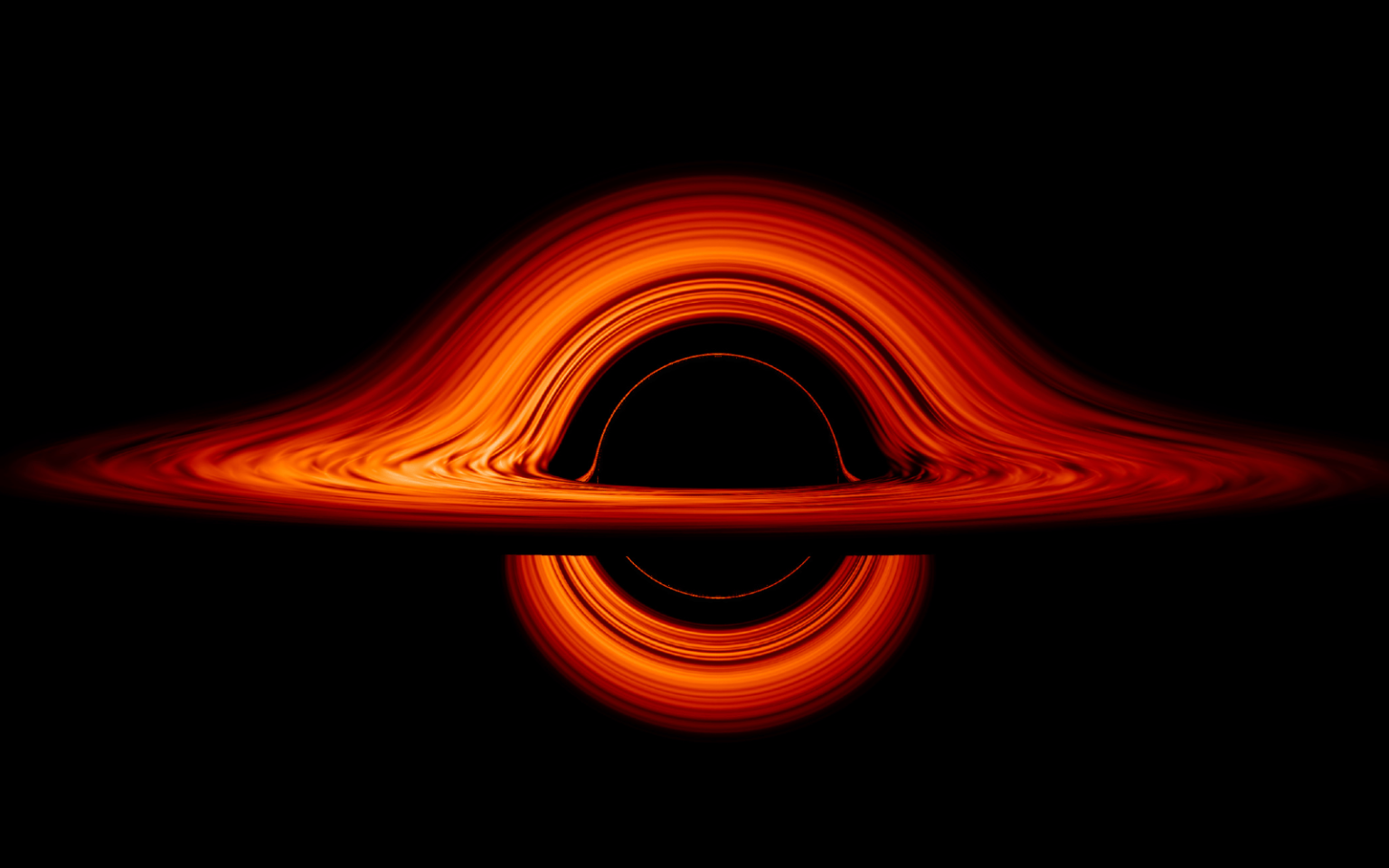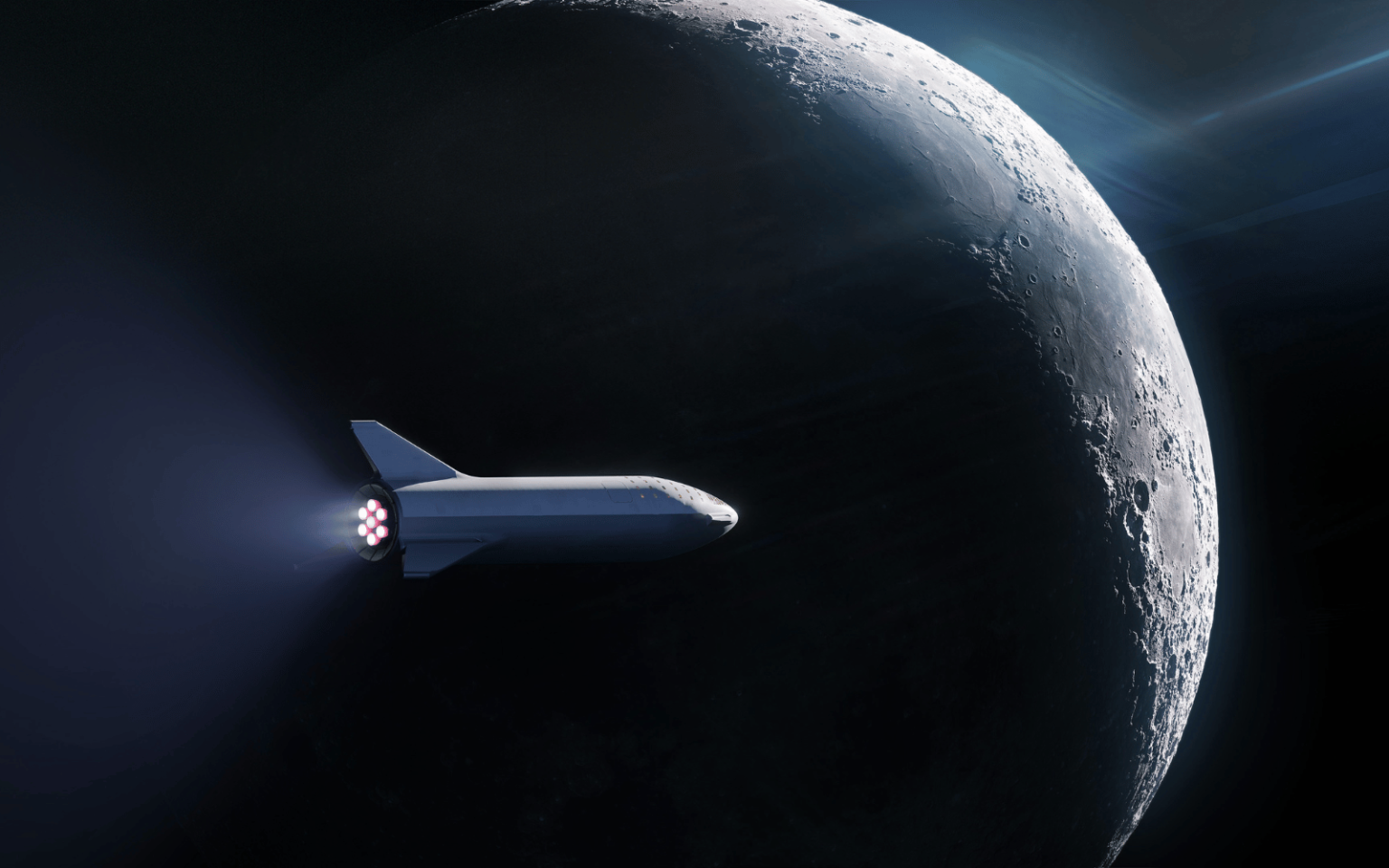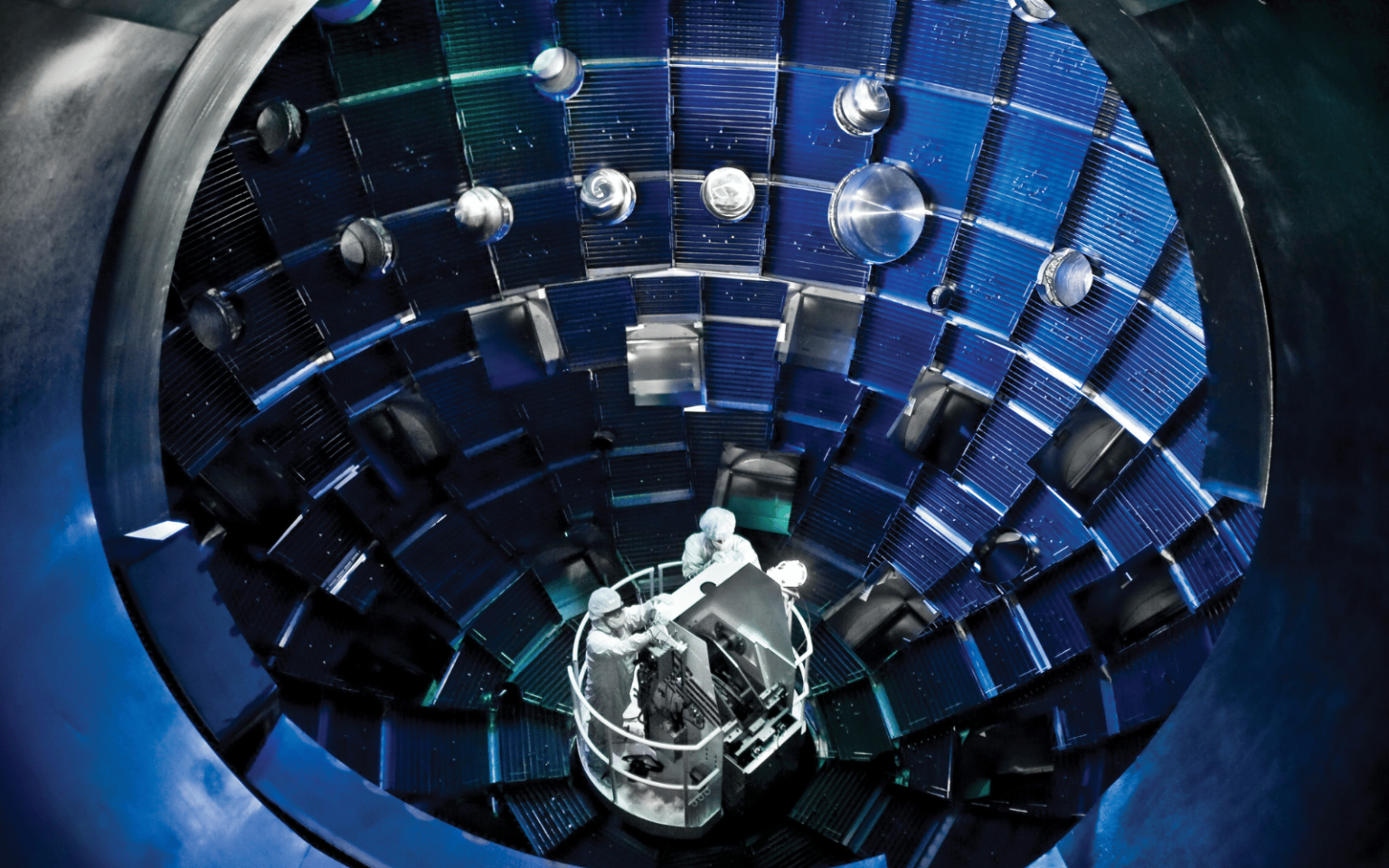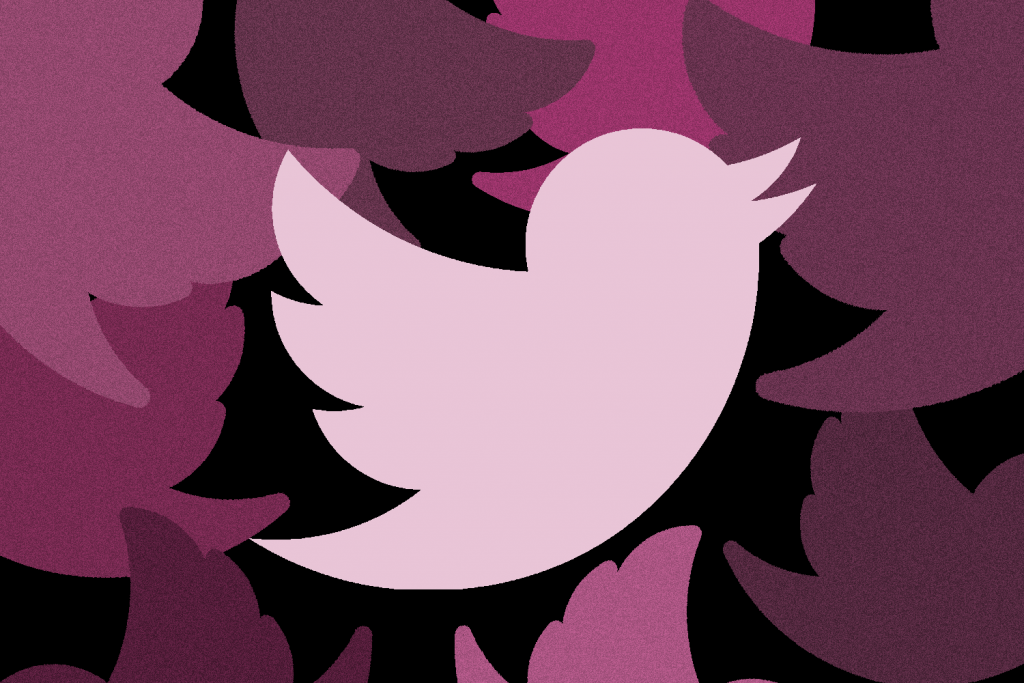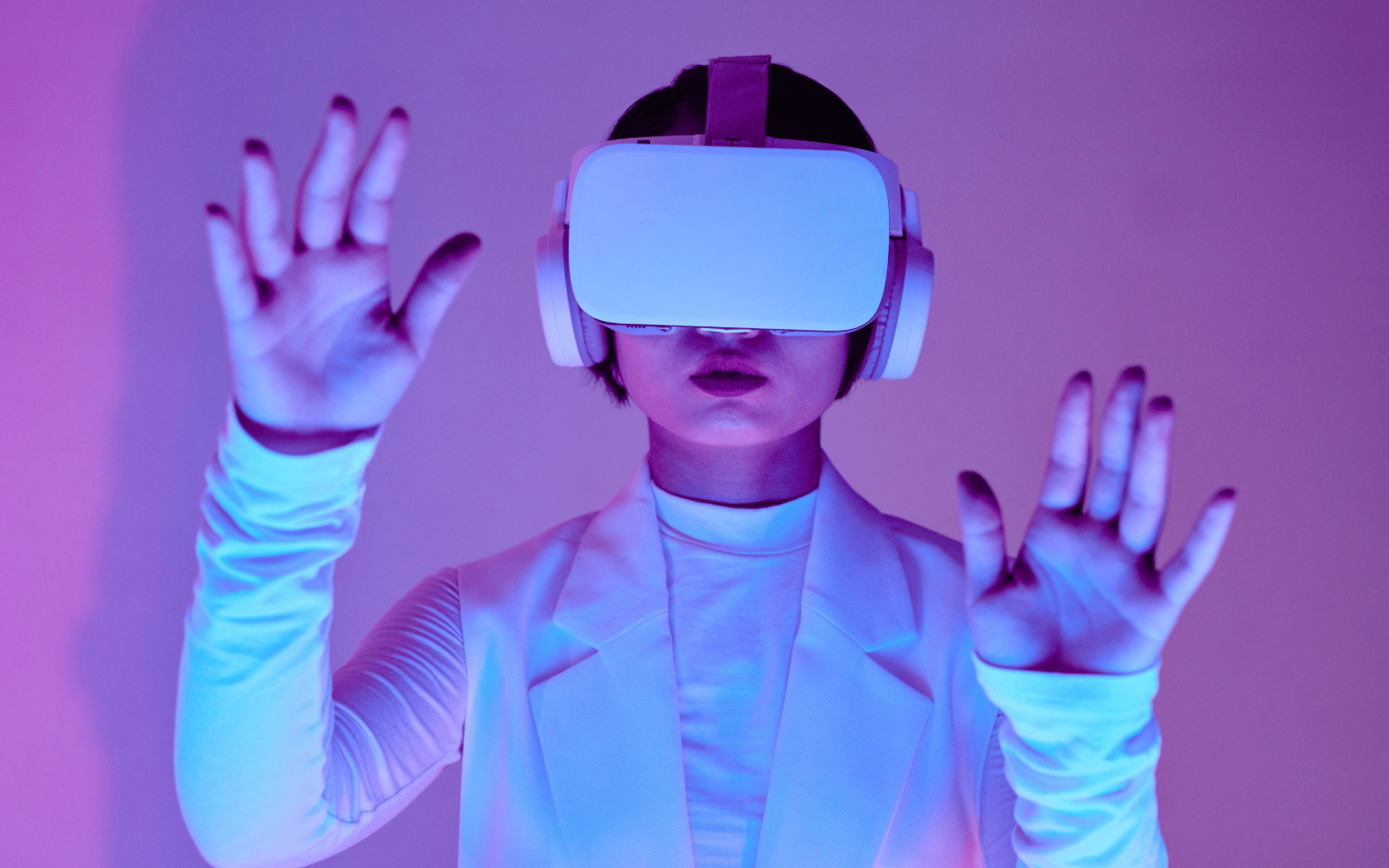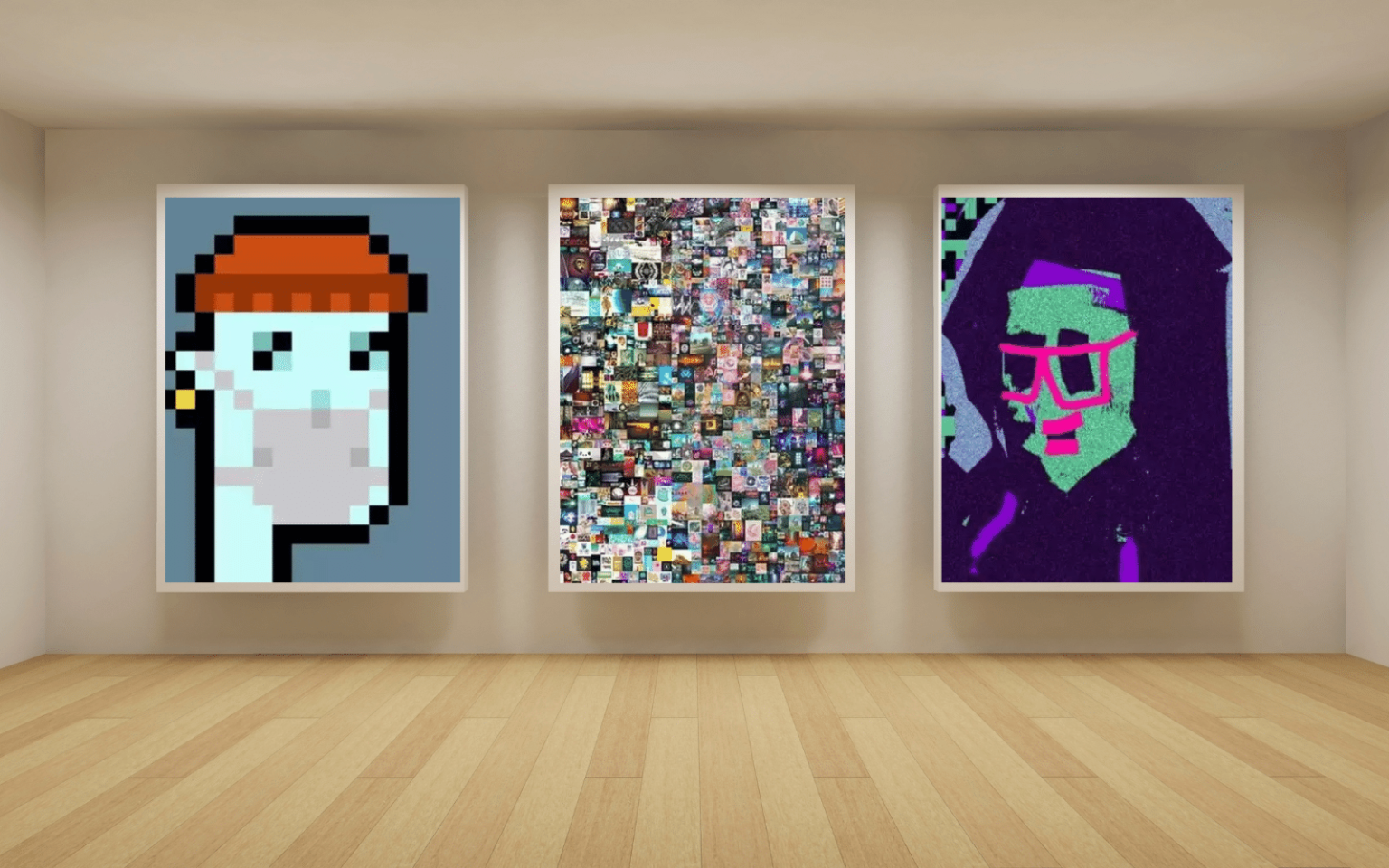Researchers in the US have finally fulfilled an objective that was set decades ago: the achievement of “ignition” – getting more energy out than you put in – using nuclear fusion. The scientists at the Lawrence Livermore National Laboratory’s National Ignition Facility (NIF), where the experiment took place, are no doubt both excited and relieved to finally fulfil the promise implied by the name of their facility. But how excited should the rest of us be? What does this really mean for the possibility of creating effectively unlimited amounts of clean energy, and what else needs to happen to achieve this? While the fusion reactions…
Author: The Conversation
Are you a doom scroller or a frequent Tweeter? Do you pass the time by flicking endlessly through others’ posts on social networking sites, or perhaps you use these platforms to share your own content? Psychologists believe our style of social media usage has important effects on our psychological wellbeing, but we’ve struggled to measure people’s online behaviour accurately – until now. It’s estimated that more than 4 billion people use social media worldwide, which is expected to rise to a staggering 6 billion by 2027. Although many people consider social media to be a good thing, helping us to connect with vast social…
Black holes form natural time machines that allow travel to both the past and the future. But don’t expect to be heading back to visit the dinosaurs any time soon. At present, we don’t have spacecraft that could get us anywhere near a black hole. But, even leaving that small detail aside, attempting to travel into the past using a black hole might be the last thing you ever do. What are black holes? A black hole is an extremely massive object that is typically formed when a dying star collapses in on itself. Like planets and stars, black holes…
It’s been an eventful year for space exploration, with successes including the completion of Nasa’s Artemis 1 mission (finally), the inauguration of the James Webb Space Telescope, and the completion of China’s Tiangong space station. 2023 is set to be another busy year. Here are five of the most exciting missions to watch out for. 1. Jupiter Icy Moons Explorer In April, the European Space Agency (Esa) is set to launch the Jupiter Icy Moons Explorer (Juice), in what will be Europe’s first dedicated robotic mission to Jupiter. Juice is due to reach the planet in July 2031 after performing an incredible flight path through the…
A digital twin is a virtual representation of a real system – a building, the power grid, a city, even a human being – that mimics the characteristics of the system. A digital twin is more than just a computer model, however. It receives data from sensors in the real system to constantly parallel the system’s state. A digital twin helps people analyze and predict a system’s behavior under different conditions. The systems being twinned are typically very complex and require significant effort to model and track. Digital twins are useful in a wide variety of domains, including supply chains, health care, buildings, bridges, self-driving cars and retail…
Through social distancing mandates, lockdown measures and restrictions on gatherings and services, the pandemic has brought about widespread changes to how modern societies function. And everyone has become more reliant on smartphones. One study found smartphone use increased by 70 per cent during the first few months of the pandemic. And a recent Canadian survey found more than 40 per cent of respondents are spending even more time on their phones this year. The reliance on digital technologies, including smartphones, has increased tremendously because of the need to do everything from home — working, studying, staying connected, reading the news and interacting with…
American scientists have announced what they have called a major breakthrough in a long-elusive goal of creating energy from nuclear fusion. The U.S. Department of Energy said on Dec. 13, 2022, that for the first time – and after several decades of trying – scientists have managed to get more energy out of the process than they had to put in. But just how significant is the development? And how far off is the long-sought dream of fusion providing abundant, clean energy? Carolyn Kuranz, an associate professor of nuclear engineering at the University of Michigan who has worked at the facility…
You would be forgiven for growing numb to the almost daily assault of headlines proclaiming the latest stunning development involving Elon Musk’s tenure as owner and manager of Twitter. The microblogging platform has seen a rise in hate speech and technical problems as media reports say up to 75% of the staff has been cut since he took over. In December 2022, unsettling news about Twitter included the disbanding of the company’s Trust and Safety Council, the conspiracy theories and score settling of the “Twitter Files,” QAnon’s Musk-inspired revival, the suspension of the Twitter accounts of journalists covering the company, and a brief ban on links to rival social media platforms…
You’ve likely heard recently how the metaverse will usher in a new era of digital connectivity, virtual reality (VR) experiences and e-commerce. Tech companies are betting big on it: Microsoft’s massive US$68.7 billion acquisition of game developing giant Activision Blizzard reflected the company’s desire to bolster its position in the interactive entertainment space. Prior to this, Facebook’s parent company rebranded itself as Meta — a key pillar of founder Mark Zuckerberg’s grand ambitions to reimagine the social media platform as “a metaverse company, building the future of social connection.” But other non-tech corporations are clamouring to get in on the ground floor…
Non-fungible tokens (NFTs) are digital objects that represent something else, such as a work of art, a video or even a tweet. They certify the existence and the ownership of this item through a data recording on a blockchain (a distributed ledger technology). Since the emergence of NFTs in 2016, many artists have experimented with this new digital device to market their creations. NFTs are most often bought and resold via auction sites, where payments are made in cryptocurrency (such as ether currency). It is this notion of a certificate registered on a blockchain that distinguishes an NFT from a standard digital work.…


